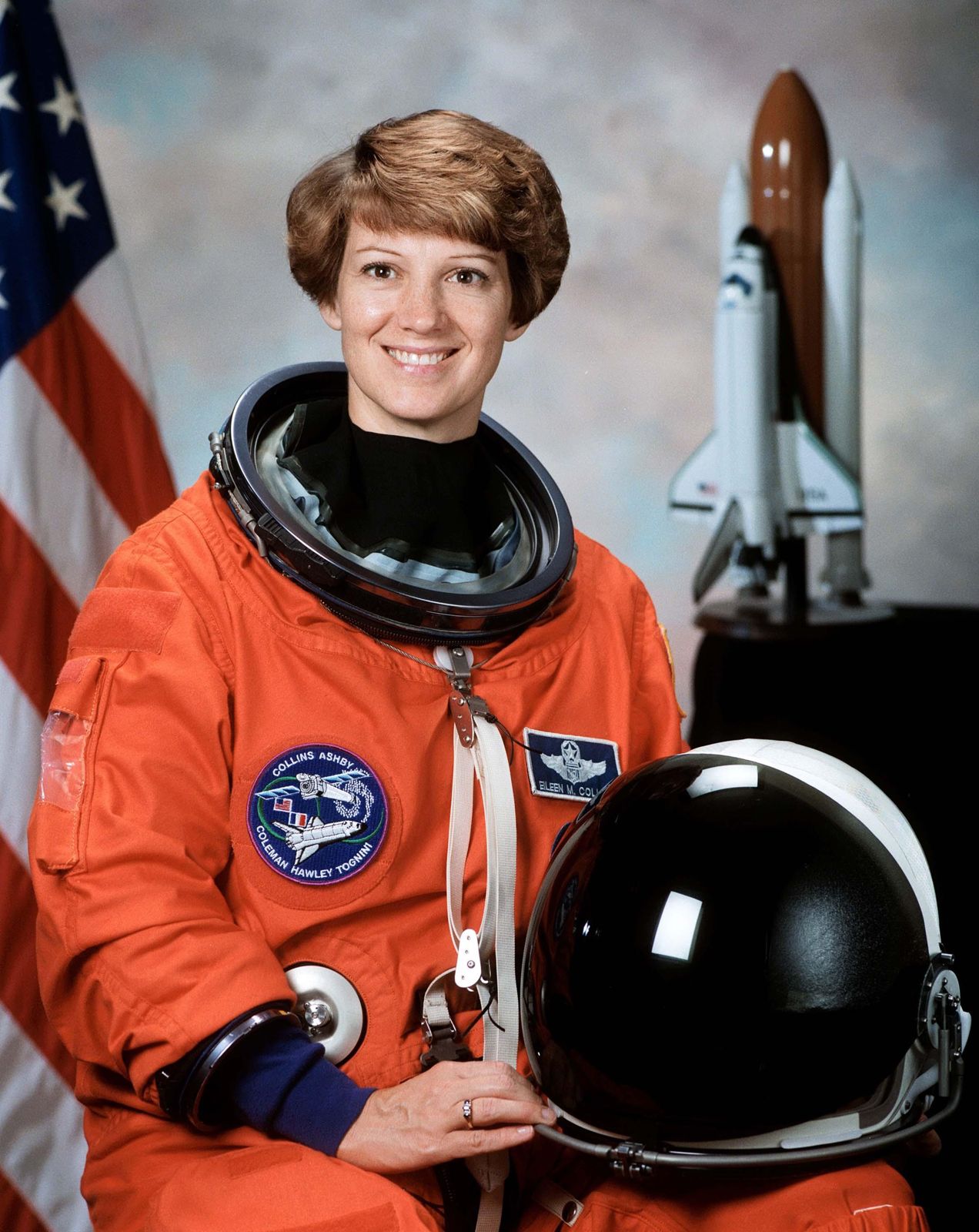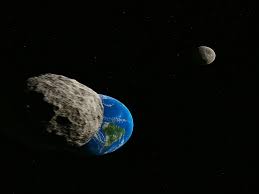Eileen Collins: Pioneering Female Astronaut and Commander

Introduction
Eileen Collins has made a significant impact on space exploration, serving as a role model for aspiring astronauts and women in science, technology, engineering, and mathematics (STEM). As the first female commander of a U.S. Space Shuttle, her career represents a crucial turning point in the field. Collins’s journeys into space have not only showcased her skills and achievements but have also paved the way for future generations of female scientists and astronauts.
Achievements and Milestones
Born on November 19, 1956, in Elmira, New York, Eileen Collins earned a Bachelor of Science degree in mathematics and economics from the U.S. Air Force Academy and later obtained a Master’s degree in operations research from Stanford University. After becoming a pilot and flying combat missions, she was selected by NASA in 1990 as an astronaut candidate. Throughout her career, Collins participated in multiple missions, including STS-63 in 1995, which marked the first time a female pilot flew in space.
However, Collins’ legacy was most prominently highlighted during the STS-93 mission in 1999, where she made history as the first female commander of a Space Shuttle. Her leadership and command during the successful deployment of the Chandra X-ray Observatory were critical. Following her impressive career, she retired from NASA in 2006, and has since shared her experiences as a speaker and author, inspiring countless individuals.
Current Relevance
Collins remains active in promoting STEM education and the importance of gender equality in aerospace. In recent years, discussions around space exploration have gained momentum, especially with the renewed interest in moon missions and Mars exploration. Collins’s contributions to space travel are more relevant than ever as women continue to make strides in the field. The American aerospace industry is witnessing an increasing number of female astronauts, engineers, and scientists, building on the foundation laid by pioneers like Collins.
Conclusion
Eileen Collins’s trailblazing career has opened doors for women in aerospace and continues to inspire new generations of explorers. With growing attention to equity in STEM fields, her story encourages young girls worldwide to dream big and defy expectations. As discussions of interplanetary exploration and new frontiers in space continue, the influence of Collins’s achievements will undoubtedly resonate, affirming the crucial role women play in the science and exploration of the final frontier.
You may also like

The Importance of Starship in Modern Space Exploration

Exploring Earth’s Two Moons and NASA’s Asteroid Discoveries
